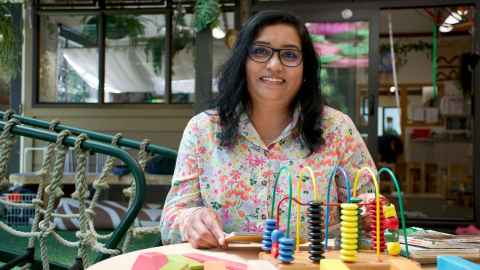
Ashika has always had a passion for teaching, but it was the arrival of her own children that inspired her to accomplish her dream.
Ashika's story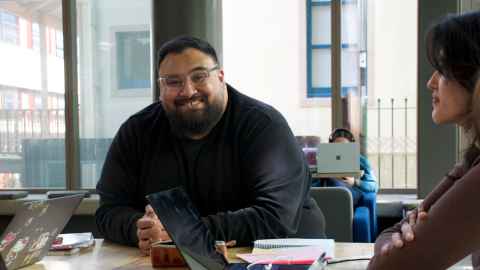
Brian has always been passionate about supporting and influencing the next generation and so teaching was the next obvious step.
Brian's story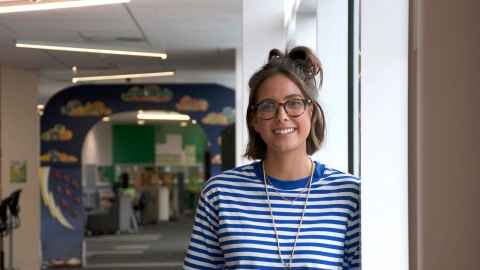
It was memories of her own experience a teenager in school that made Kezia decide to apply for the Graduate Diploma in Teaching (Secondary).
Kezia's story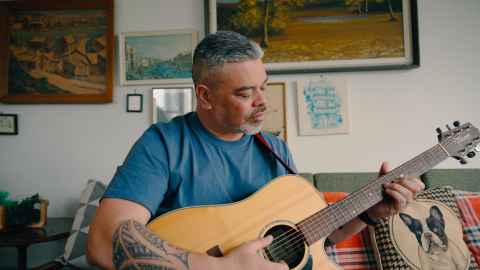
Become a teacher in just one year, like Jason
Curious about what it’s like to study the Graduate Diploma of Teaching (Primary) with us? In this video, a recent graduate, Jason, shares his journey to become a teacher.

Studying the online Graduate Diploma in Teaching (ECE) allowed Portia the flexibility to fit her studies and the schedule of her two young tamariki.
Portia's story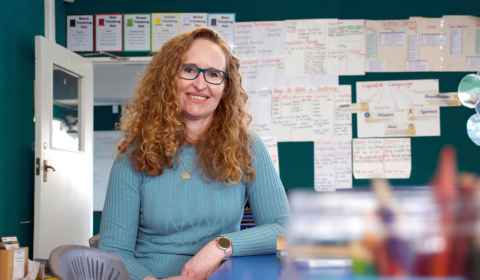
Kāren was recently inspired to take the leap into teaching and invest in making a difference with the next generation.
Kāren's story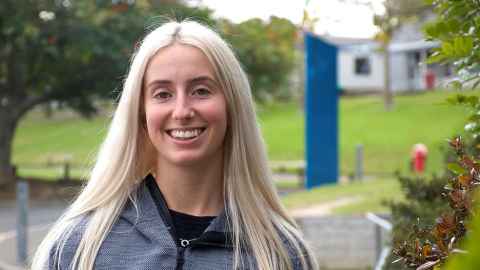
Studying the Graduate Diploma in Teaching (Secondary) has allowed Madison to pursue her passions for dance to help empower our younger generation.
Maddy's story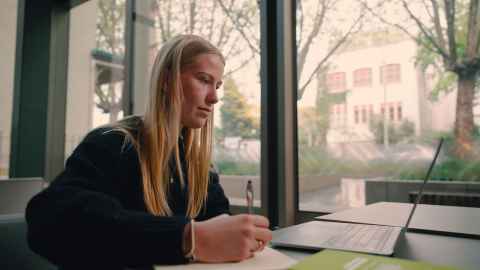
Hannah shares why she wants to be a secondary teacher
Hannah completed a bachelors degree in Sport, Health, and Physical Education before enrolling in the Graduate Diploma of Teaching (Secondary).
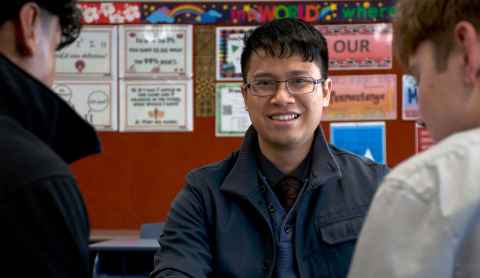
Joey worked as a Quality Controller at Fisher and Paykel Healthcare, but his dream has always been to become a teacher.
Joey's story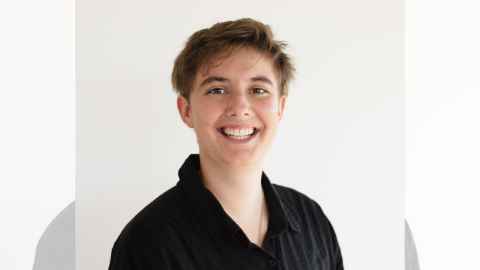
Izzy is being hosted by Whangārei Girls’ High School and they're loving it!
Izzy's story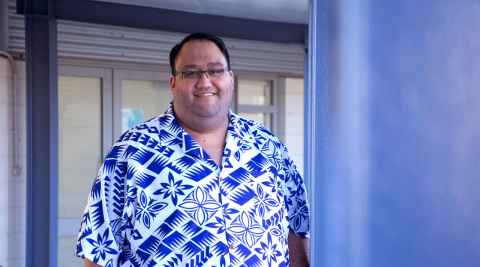
Brogan wanted to give back to his community – the Teacher Education in Schools Programme meant he was immediately able to get real-world classroom experience.
Brogan's story